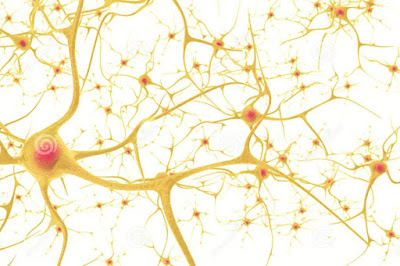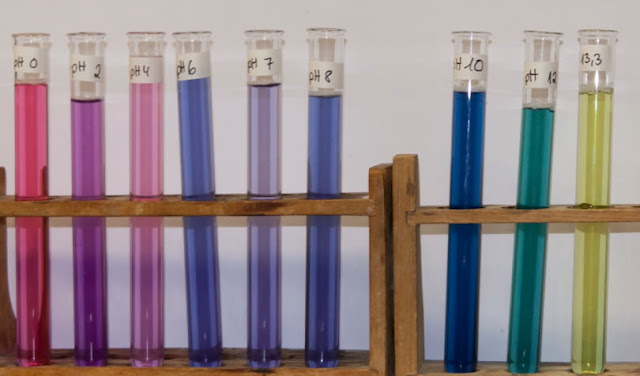Anthocyanin Biosynthesis & Pigment
Anthocyanins and carotenoids contribute distinctive pigmentation to blood oranges Anthocyanin pigments are assembled like all other flavonoids from two different Streams of chemical raw materials in the cell: One stream involves the shikimate pathway to produce the amino acid phenylalanine , (see phenylpropanoids) The other stream produces three molecules of malonyl-CoA, a C3 unit from a C2 unit (acetyl-CoA) These streams meet and are coupled together by the enzyme chalcone synthase, which forms an intermediate chalcone-like compound via a polyketide folding mechanism that is commonly found in plants. The chalcone is subsequently isomerized by the enzyme chalcone isomerase to the prototype pigment naringenin, Naringenin is subsequently oxidized by enzymes such as flavanone hydroxylase, flavonoid 3' hydroxylase, and flavonoid 3' 5'-hydroxylase. These oxidation products are further reduced by the enzy...






Comments
Post a Comment